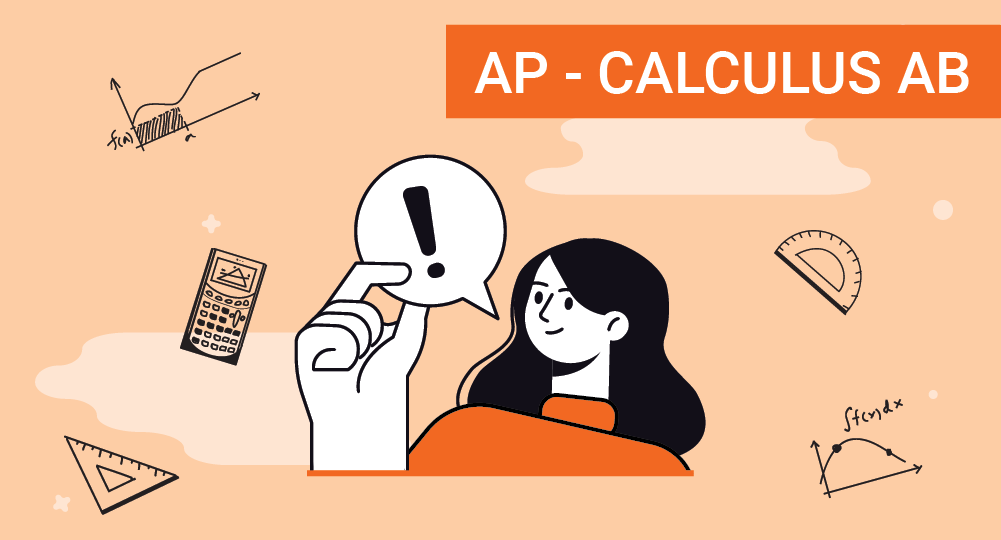
Grade 6 English
Grade 6 English covers Adjectives, Punctuations, Objects/compliments/sentences, Verbs and adverbs, Comparisons/parenthesis/similarities and differences, Nouns and Pronouns
What you'll learn
- 1
Adjectives: Adjectives-Types of adjectives, Regular and Irregular adjectives, Adjectives acting as Nouns & pronouns, Figurative speech, Writing a message, Theme, Poetry/voice, Antonyms, synonyms.
- 2
Punctuation: Hyphen, colon, Semi colon, Dashes and Parenthesis, Anecdote, Writing a narrative passage, Point of view, Imaginative text, Changing words to noun, Commas, Quotation, Question marks, Writing process- Proof reading, Comparing characters, Write a letter, Figurative language, Symbolism, Words used as both noun and verb.
- 3
Objects/compliments/sentences: Subject and object compliments, Sentences-Types of sentences, A compare and contrast, Venn diagrams on compare and contrast, Genre-fiction, Genre-non fiction, Book names/ genre, Literature elements, Direct and Indirect Objects.
- 4
Verbs and Adverbs: Verb and Verb Types, Subject-verb agreement, Notice writing, Diary writing, KWL, Words of feelings and emotions, Future tense, Adverbs in Writing, Comparitive and Superlative Degrees, Adverb in special cases, Write a biography, Descriptive writing, Inference, Purpose, Context clues, Idioms.
- 5
Comparisons/parenthesis/similarities and differences: Punctuations in writing, Comparisons, Parenthesis, Persuasive writing/ digital books vs/ physical books., Visual elements, Narrative poetry, Antonyms and synonyms.
- 6
Nouns: Nouns-kinds of nouns, Adjectives as nouns, Plural nouns, Rhyme scheme, Spelling correctly, Writing a poem, Elements of poetry, Stanza, Silent letters, Affixes.
- 7
Pronouns: Pronoun-possessive reflexive,intensive, Subject predicate pronouns, Pronoun agreement, Indefinite pronoun agreement, Interrogative and demonstrative pronoun, Writing a biosketch, Ballad, Authors purpose and tone, Literary devices, Analyzing poetry of shakespeare, Analyzing prose of shakespeare, Attribute and predicate adjective.
Skills you'll learn
Understanding main ideas, supporting details, and the organization of passages
Expanding your vocabulary and recognizing synonyms, antonyms, and idiomatic expressions
Understanding and applying the rules of standard English grammar
Analyzing the author's use of rhetoric, such as persuasive techniques, tone, and stylistic devices
Identifying and correcting errors in punctuation, including commas, semicolons, and apostrophes
Analyzing the relationships between different ideas and information in a passage
Applying standard English grammar, usage, and mechanics

















